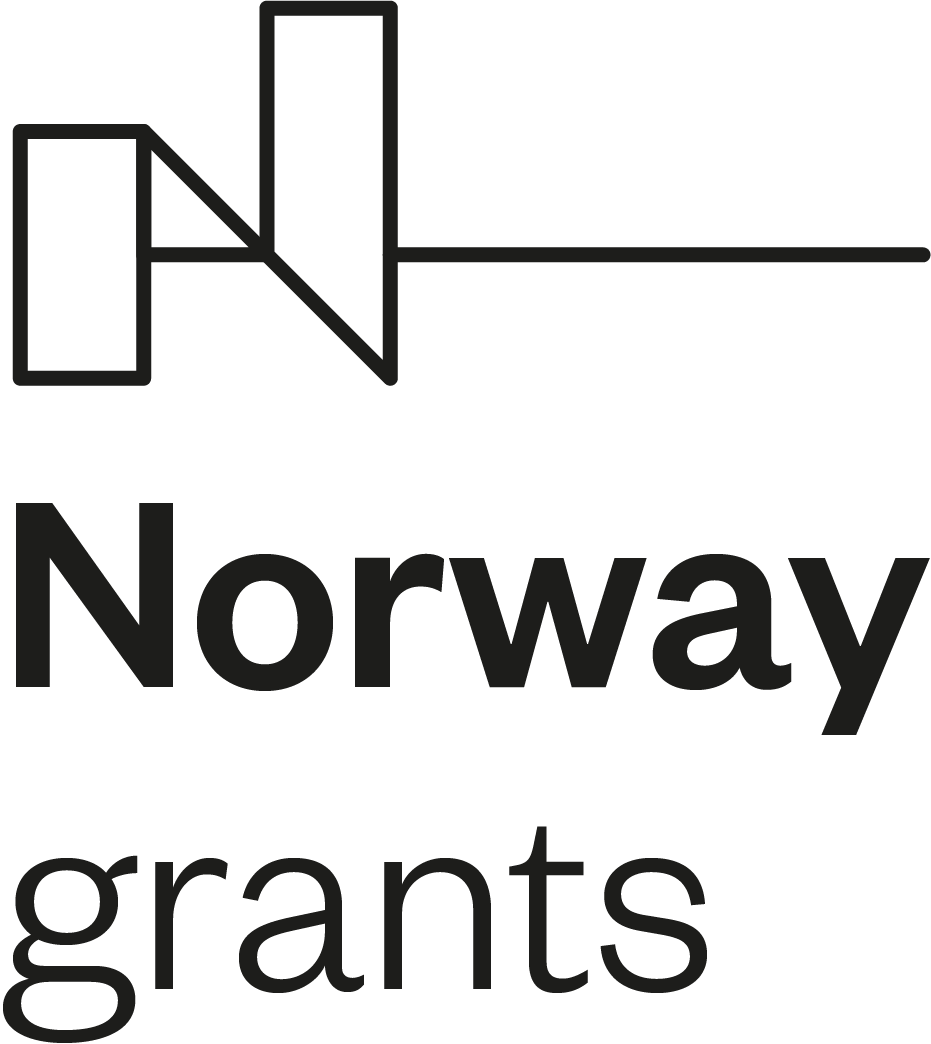Report from a scientific expedition to NK, part 3
Conclusions
Kurdish language is currently subjected to two opposing processes. On one hand, we see initiatives to raise the ethnic consciousness among Kurds and their knowledge of Kurdish language, history and rights. Here we can mention activity of the primary school in Amed, municipality, Sumer Park, Dengbej House, Kurdî Der in Amed and Institute of Living Languages at Mardin Artuklu University as well as work of Eğitim Sen and teachers in Suruç. Work of latter, Kurdî Der, the primary school and Institute of Living Languages most contributes to the revitalization and dissemination of Kurdish language, as first of all they focus on teaching methods and language transmission. It should be stressed that the most important difference between Kurdî Der and the Department of Kurdish Language and Culture at Mardin Artuklu University is that the latter pursue to teach and spread Kurdish language and knowledge about Kurdistan within the official Turkish education system, while the former aspires to form an alternative education system with Kurdish language as a main teaching language for all subjects, not only as a language course. The Amed’ municipality, Sumer Park and Eğitim Sen are exploring more various avenues such as official legalization, financial support, fine arts or legal protection for teachers’ rights. All achievements reached by these institution are results either of their perseverance against the Turkish authority or their ability to conduct skilled negotiations with them.
On the other hand, we can still notice that Turkish authorities are prone to restrict Kurdish language revitalisation and propagation of Kurdish language in Kurdish towns and cities, and to present Northern Kurdistan as an area dangerous for foreigner tourists. But we can’t deny that the government’s attitude towards the Kurds has significantly improved over last ten years. It’s not illegal any more to speak in Kurdish on streets, publish newspapers in Kurdish or learn Kurdish in private and public schools. However the last opportunity is limited to two hours per week and at least for ten Kurdish pupils. Teachers who teach Kurdish illegally are repeatedly persecuted by Turkish police. However, it’s worthwhile to underline that even among the Kurds themselves one can notice worrying trend, namely young Kurds are often taught by their parents to speak Turkish language with them and they prefer to do it at schools and streets with their peers, since it still has far higher official status than Kurdish language. It’s much easier even in south-eastern Turkey to have a career as a Turkish than Kurdish speaker.
Krzysztof Lalik



